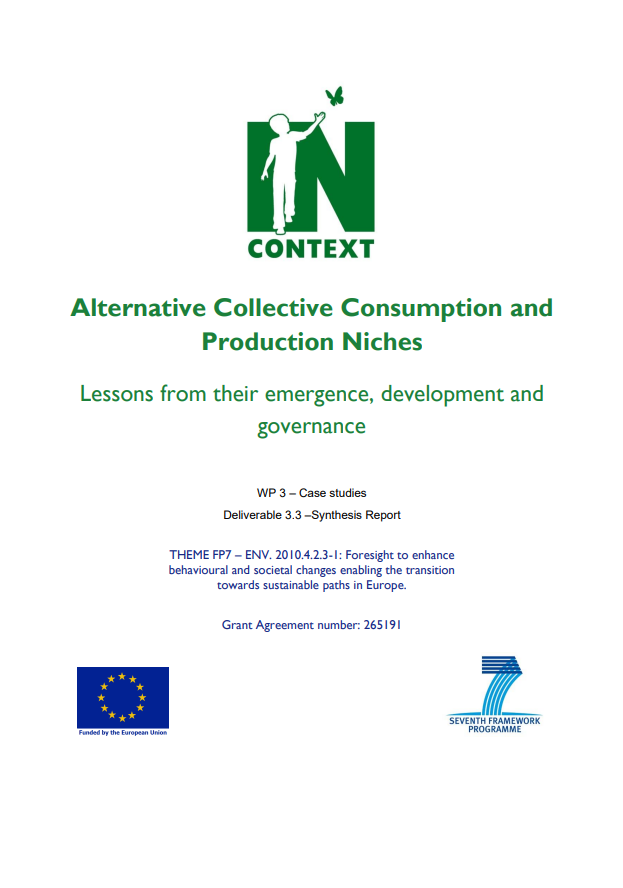More or Less? Changing Consumer Behaviour
- Presentation
- Date
-
- Location
- Vienna, Austria
- Lecture
-
Katharina Umpfenbach
How can policy shape consumer behaviour towards more sustainable choices? In a lecture at this year's Science Event in Vienna, Katharina Umpfenbach discussed the contribution of recent scientific findings of behavioural economics, sociology and psychology to this debate. Hosted by Austria's Umweltbundesamt and ORF the Science event brought together scientists and practitioners working in local initiatives to explore how societal transformation towards sustainability could be achieved. The presentation slides are available for download.
It is a truism that when individuals do not have information (e.g., about environmental effects), that information cannot influence their decision. This has led to many policy interventions which supply information (e.g., energy labelling). Yet, the common premise that 'informed people make the right choices' is not supported by the evidence. The body of scientific work on influences on behaviours refutes the simplistic economic, rational view of decision making which is often relied upon. Instead most decisions are fundamentally complex. Mental rules of thumb, biases, the impact of framing, but also values, social norms and the physical infrastructures around us influence our purchasing decisions. Also, many everyday decisions are not the result of conscious processing, but elements of routines and habits. Thus, policy makers who want to enable environmentally friendly consumer behaviour should take all relevant factors into account and address them in a coherent way.




